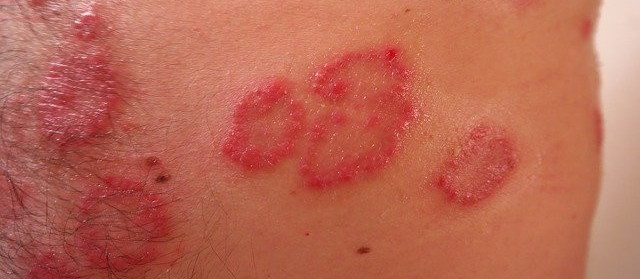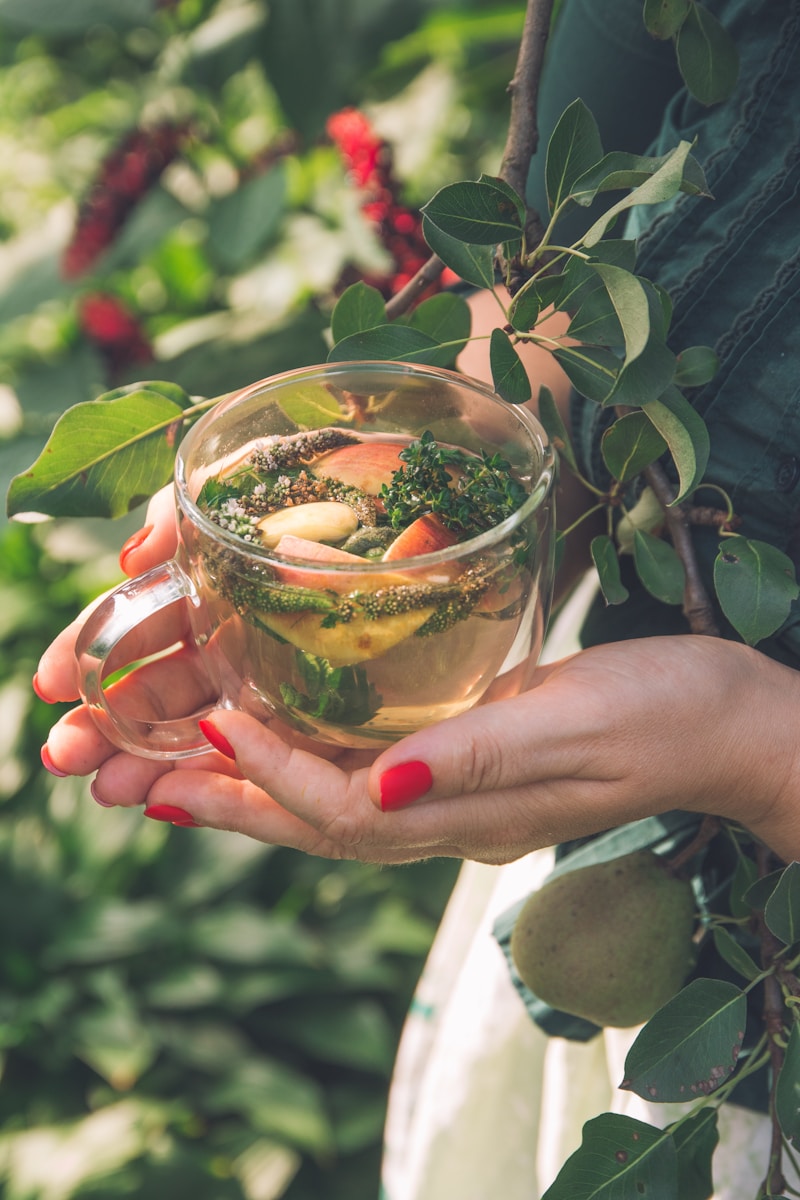 The skin reacts in different ways following delivery and this can range from normal to a whole range of allergic and non-allergic conditions with each having its own characteristic presentation and worries that you need to be aware of to be able to get the best outcome for your self and your skin.
The skin reacts in different ways following delivery and this can range from normal to a whole range of allergic and non-allergic conditions with each having its own characteristic presentation and worries that you need to be aware of to be able to get the best outcome for your self and your skin.
Some skin conditions after pregnancy may also be a result of a more serious medical illness which you are not aware of and your skin may be pointing you in that direction.
Postpartum hives is one of those worrying skin conditions after delivery that may look and act scary.
It is a skin colored or reddish elevated itchy skin reaction to an allergen your skin got exposed to or you got exposed to and the skin is manifesting that exposure
How do hives develop
When you get exposed to an allergen – which can be practically anything – the allergen causes your body to release histamine plus other substances into the blood by causing mast cell degranulation.
The histamine that is released causes the small capillaries to expand and allow fluid to accumulate under the skin. The fluid with the associated proteins and chemicals that accumulate under the skin gives rise to the skin flares and swelling and redness and itching that is characteristic of hives.
Causes
There are so many causes of hives ranging from local to systemic conditions and the cause vary from mother to mother and from situation to situation.
The common causes are:
- Insect stings or bites
- Environmental pollutants
- Stress
- Hormonal changes of delivery
- Food additives or drug additives
- Certain body creams and lotions
- Medications
- Exposure to intense sunlight or intense cold
- Seasonal allergies
- Medical conditions like thyroid disorders

Presentation
Postpartum hives affects about 20% of women after delivery, the commonest areas you will notice hives are the upper back, hands, stomach and buttocks but it can also occasionally be noticed on the legs as well.
The symptoms are:
- Itching though it may be non itchy
- Swelling with defined edges
- Scaly skin
- Wheals
- Pain or burning sensation
Management
In the majority of cases you may not need to take any medication to treat your hives as the majority will resolve on their own within weeks. All that you may need while waiting for this resolution is to take care of the itching and burning sensation.
It is also important to realize that hives are not contagious and hence cannot spread from one person to the other except it is secondarily infected by bacteria, fungi or viruses.
Prevention of hives
It is a good practice if you can locate the source or cause of the allergic reaction that leads to your hives and remove the irritant as that will resolve the itching, wheals and redness. A diary of your food and other exposures will surely guide you in the right direction to determining the culprit.
Minor lifestyle modifications in the form of changing your perfumes, avoiding extreme sunshine or use sunscreen lotion if you must, changing your creams may be all that is needed to treat hives. Wear light clothing that allows free flow of air. Always keep yourself completely hydrated.
Natural means of treatment
Some home remedies have fantastic effect on postpartum hives
Oatmeal baths
Oatmeal has a soothing and anti inflammatory property that is beneficial to people with hives. Put one cup of uncooked oatmeal in a micro fiber cloth and soaks in warm water for about 10 to 15 minutes. Allow it to cool and add to your bath. Make sure it is a cold bath as if it is warm bath, the swelling and itching may not resolve. This can be done morning and evenings for the best result.
Aloe Vera
Aloe vera is a rich source of vitamin E which your skin needs and it has a well-known anti inflammatory property. Squeeze out a fresh aloe vera gel and apply it on the affected spot and allow it to dry. Wash off later with cold water. It removes the itching and lowers the inflammation associated with hives.
Cold compresses
The use of cold compresses on the affected part constricts the capillaries reducing the impact of the histamine release and helping to reduce the inflammation and the itching. Taking cold showers and baths also have similar effect.
Supplements
Supplements containing vitamin C, B12 and D have been associated with an improvement in symptoms of hive and its early resolution. It can be used in combination with the natural home made remedies.
Alternative medicine
Phototherapy
Phototherapy can be used to treat hives. This entails giving several shots of ultraviolet light treatment to the affected part. This makes the wheals smaller and reduces the inflammation that is associated.
Acupuncture
Some evidence also supports the use of acupuncture in the treatment of hives.
Hypnosis
If the cause of your hives is related to stress, hypnosis therapy can help you sort out the stress. It controls most effectively the itching associated with hives.
Medication for hives
You may not require any form of medication for mild hives but if it is moderate or severe you may need medication to limit the hives and prevent possible development of complications. consult your doctor for the best treatment.
Anti-histamine drugs
The standard treatment for hives is an anti histamine medication especially the ones that do not lead to drowsiness. They control the itching and the swelling and can be purchased over the counter.
Anti-inflammatory drugs
When your hives is moderate or severe you may consult your doctor who will prescribe anti inflammatory medications like the steroid drugs example is prednisolone which helps to control the swelling redness and itching. This can work in conjunction with the anti histamines or alone.
Drugs acting on the immune system
For widespread attack of hives especially when it is unresponsive to the above antihistamines and the steroid drug, your doctor may need to start you on medication that works on the immune system to help calm the hives.
Anaphylactic reaction
Occasionally and in rare circumstances, you can develop an anaphylactic reaction to hives and this may require a visit to the emergency department as the complication can become serious and can affect the airway with swelling of the airway tract with the associated angioedema affecting breathing.
This is more common in people who have other forms of allergy like asthma and they should always treat their hives quickly and promptly to avoid recurrence and tending to severity.
Worries about breastfeeding
Mothers usually worry about the impact of the diagnosis of hives on their baby and the impact of the medication they are taking on breastfeeding and their babies.
Usually there is no reason to be alarmed about hives as it is not contagious to your baby and usually resolves on its own in time.
The medication you are taking for hives especially the antihistamines and the the steroid drug are safe for the baby as the amount excreted in breast milk is at very safe levels for the baby so can be taken while breast feeding.
It is advisable to inform your doctor about the medication you are on so he will review it and offer the best advice if need be especially in severe cases of hives.
Your skin deserves the Best
With the stress of managing yourself and the baby postpartum it may not be convenient for you to look after your skin as well as you want and you seem to neglect it in favor of the baby.
This may not be the best judgment as it may worsen with neglect and in as much as you are busy with the baby schedule you should set out time to take care of your body and the skin is a reflection of your inner beauty and happiness.
Dr mawa
To your postnatal health and freedom
mypostnatalmanagement.com

